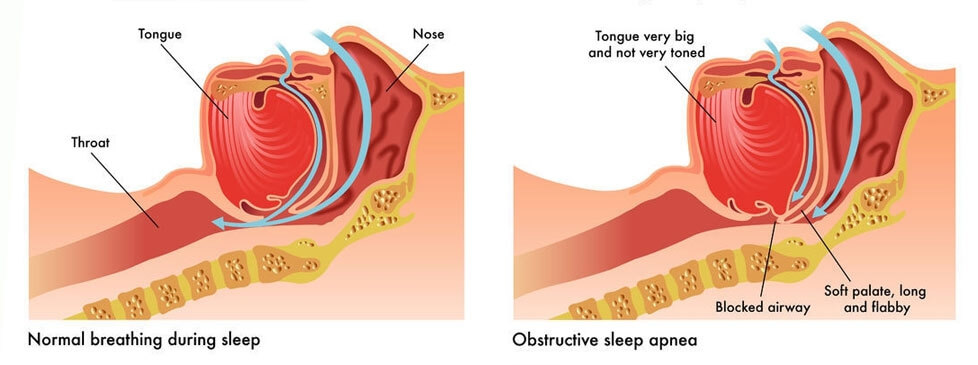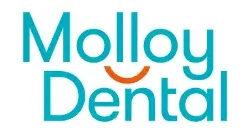Mouth Guards, Night Guards & Anti Snoring Devices
Mouth Guards, Night Guards & Anti Snoring Devices
Mouth Guards
Bite Splints, occlusal appliances, splints or night guards are used for the treatment of acute or chronic conditions where patients are clenching or grinding their teeth.
Other names for these problems are temporomandibular joint dysfunction syndrome, parafunction or bruxism.
Often patients present with worn teeth, sore jaws, headaches, difficulty opening or closing, fractured and cracked teeth or broken fillings. It leads to shortening and chipping of the teeth.
This is a process called attrition and can lead to sensitivity and over time will make the teeth look smaller.
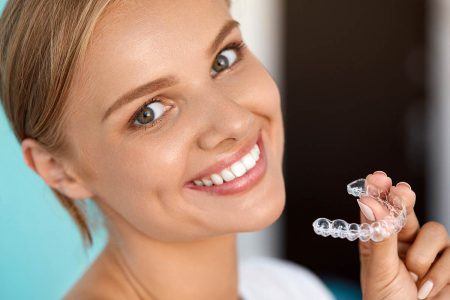
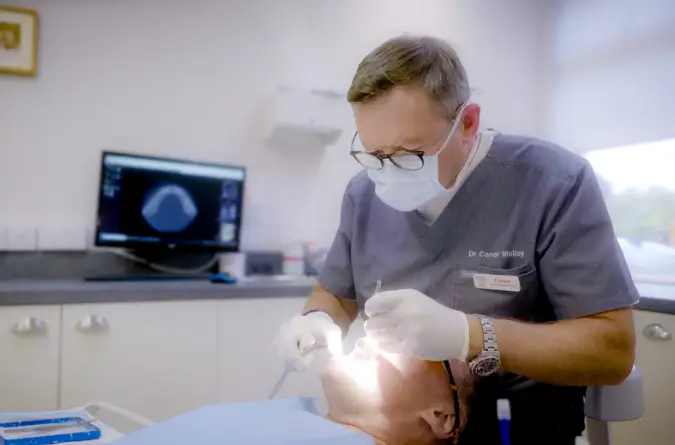
Often this behaviour goes unnoticed as it is an involuntary habit and they grind or clench while they sleep or are unaware of their daytime habit, the sound of nocturnal grinding can be like two stones rubbing off each other and it is a partner or parent that is aware of the problem first. Wearing a splint will help prevent wearing away teeth, breaking teeth cusps or old fillings, sensitive teeth and can help reduce muscle tension that leads to headaches or jaw stiffness and pain.
The causes are multifactorial, these include stress, anxiety, poorly aligned teeth and problems with the jaw joint. Grinding can lead to Migraine, neck, shoulder and back pain, as well as many other facial and jaw joint problems. This means that Molloy Dental rather than your doctor may well be the best person to help with diagnosis.
We will examine your jaw, and the way in which your teeth meet together; if there are any problems we will advise you on the best way to overcome them. The purpose of a splint is to absorb the destructive forces of bruxism and to provide something to wear down other than your teeth. As such your splint will wear down, chip and may eventually break after years of grinding on it but the teeth underneath will have been protected.
In cases of severe bruxism in addition to an occlusal splint to protect your teeth, we would also construct a day time product called Cerezen that is worn in your ears which has an effect on your jaw joint as they are anatomically closely related.
Anti-Snoring Devices
Almost everyone snores occasionally, while around 1 in 3 people worldwide snore regularly. While snoring can be harmless, it may also be a symptom of Sleep Apnoea, a condition where the sufferer periodically stops breathing during sleep for a few seconds at a time, causing the sufferer to wake briefly. They may not be aware of this, but the quality of their sleep can be severely affected it is also associated with many chronic medical conditions.
Molloy Dental can treat snoring and sleep apnoea painlessly and without any permanent changes to your body by providing a custom fit anti-snoring device (like a small mouthguard). It is one of the least expensive and most successful medical treatments to stop snoring.
Obstructive Sleep Apnoea (OSA) is a serious and lifelong medical condition. OSA is a chronic, lifelong medical condition that can affect your sleep, health and quality of life. It has been linked to hypertension, diabetes, heart disease, work and driving related accidents and stroke. It can have a significant impact on quality of life, placing unnecessary strain on relationships between bed partners, family and in the workplace.
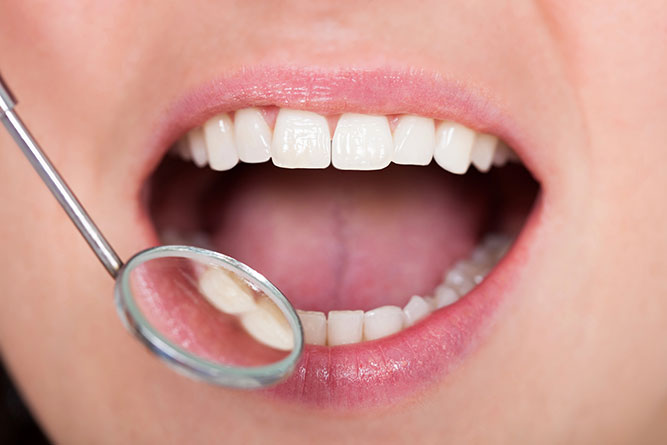
SomnoDent Device
SomnoDent devices are clinically proven, very comfortable, high quality and are exceptionally well tolerated by patients. The unlike many other snoring devices they do not lock your jaw together and allow movement leading to much reduced jaw pain after wear compared to other devices.
- Discreet and silent.
- Unique soft inner liner is used so it is like a cushion between the device and your teeth.
- 88% of patients reported regular use of these anti-snoring devices and 91% of patients reported improvement in sleep quality.
- These are bespoke devices using the highest quality acrylic which does not discolour or attract odours
- 3 year warranty against manufacturing defects
What Causes OSA?
Whilst you sleep, naturally your muscles relax, including those used to control your tongue and throat. The soft tissues at the back of throat and mouth can sag, narrowing and constricting the airway.
If you or a partner show symptoms of OSA or have symptoms such as snoring, excessive daytime sleepiness, pauses in breathing or teeth grinding while sleeping, treatment is essential as it may help prevent diseases.
At Molloy dental we can arrange an assessment with a sleep physician in a hospital of your choice, we generally use sports clinic in Santry, who can perform sleep study to see how many apnea events you may be having during a night’s sleep. If you have already been diagnosed with sleep apnoea and are having trouble wearing your CPAP, you should consider using a mandibular advancement device like a somnodent.
